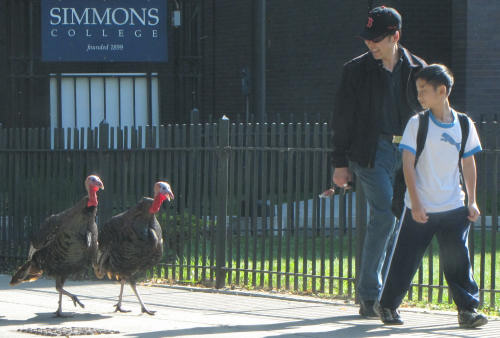A biweekly column addressing students’ health questions from office of Health, Wellness, and Recreation.
Dear Wellness Ambassadors,
I’m a first year, and so I’ll be taking my first final exams in college in a couple of weeks. I’m so stressed out because I don’t know what to expect or how to even begin studying. Do you have any tips for me?
Although finals have a tendency to make college students feel extra pressure, the first thing to remember is that finals are just an another exam. While you may not have experience with college finals specifically, it is safe to assume you have taken plenty of exams.
Keep things in perspective, and try to focus on the fact that this is just another one of those exams. It is also good to remind yourself that you have put in the work throughout the duration of the semester, so you got this. Positive affirmations can go a long way.
There are various study tips you can use to increase your studying efficiency; however, if the way you’ve been studying for exams all semester long is working, it’s best to continue to do what you are comfortable with; no need to change things at this point in the game.
However, if you feel like your study habits could use some improvement, here are some suggestions to try.
Study in an environment that minimizes distractions. While you might feel you study better with music on in the background, research shows that you retain information better when you study without any distractions. You can create a study calendar based off of your finals schedule, ensuring that you have enough time to study for each test and helping to miminize the tendency to cram for exams.
Try utilizing different forms of media, tape-recording your voice, rewriting your notes, reading the textbook, drawing diagrams, and taking practice exams in your studying; don’t just reread your notes. Also know what works for you when it comes to joining study groups—for some people, this is a very helpful study trick, but for others, studying alone is more effective.
Another aspect of finals is trying your best to manage the immense stress you feel. While taking the time to do things for yourself during finals can feel counterproductive (after all, who has time for self-care when you’re so busying studying), calming yourself allows you to focus more on the actual act of studying.
In order to lower your stress level, you can meditate, exercise, read a book, take a study break, or get outside for fresh air. A good rule of thumb is to spend at least 10 minutes for every 50 minutes of studying performing an activity that takes your mind off finals.
Finals are a stressful part of the college experience, but you can to make it easier on yourself by staying organized, limiting any procrastination (no matter how tempted you may be to procrastinate), and by participating in activities to lower your stress level. This will allow you to feel more comfortable and confident in your ability to perform well on your finals. Good luck on your exams!
Dear Wellness Ambassadors,
I’ve always felt a little down in the winter, but lately my friends have been telling me that I actually might have Seasonal Affective Disorder. How can I tell if what I have is normal “winter blues” versus something more serious?
“Winter blues” and Seasonal Affective Disorder (SAD) are variations on a spectrum of clinical depression that generally occurs during the winter months and disappears during the warmer months. Symptoms include fatigue, depressed mood, lower interest level, overeating, lower energy and irritability.
While these symptoms parallel those of depression, the main difference is that SAD only occurs during the winter months. While 10-20 percent of Americans suffer from the “winter blues,” only about 5 percent are diagnosed with SAD.
SAD has been potentially been linked to a biochemical imbalance brought on by the shortening of daylight hours and a lack of sunlight in winter. Mood also has the ability to be affected by melatonin, sunlight, serotonin, and intake of vitamin D.
It is quite common to experience the “winter blues,” especially when living in New England. There are ways you can avoid the “winter blues” such as through proper nutrition, keeping a regular routine, enjoying light exercise, increaseing your light exposure by going outside, and making sure you participate in enjoyable activities. By staying active and not letting the cold weather hinder you from enjoying yourself, the “winter blues” can be avoided or diminished.
However, if you are still feeling depressed and not like yourself, especially if the symptoms persist for days at a time, it is possible that you have SAD. Only a clinician can really diagnose if an individual is suffering from depression, SAD, or “winter blues,” so we would enourage you to seek out help, like visiting the Simmons College Counseling Center or Health Center.
After contacting a medical professional, there are various steps that can be taken if you are diagnosed with SAD. These options include light therapy—exposure to a very bright light for 30 minutes each day during the winter months—counseling, or sometimes medication.


















